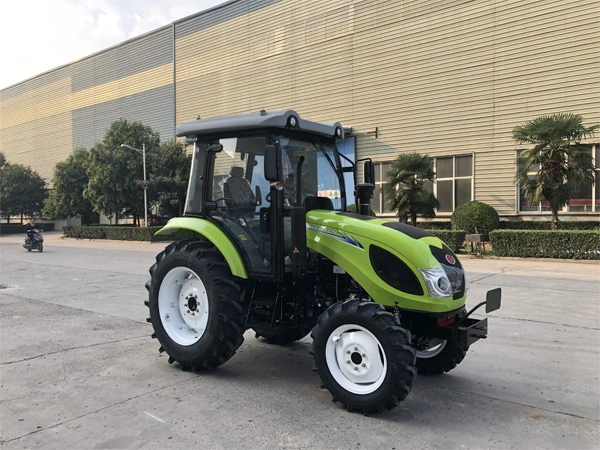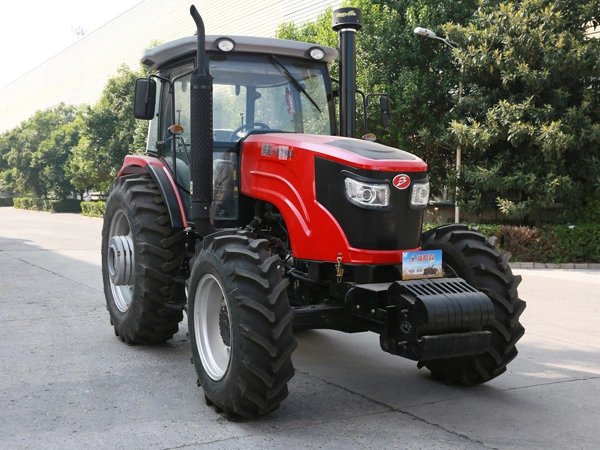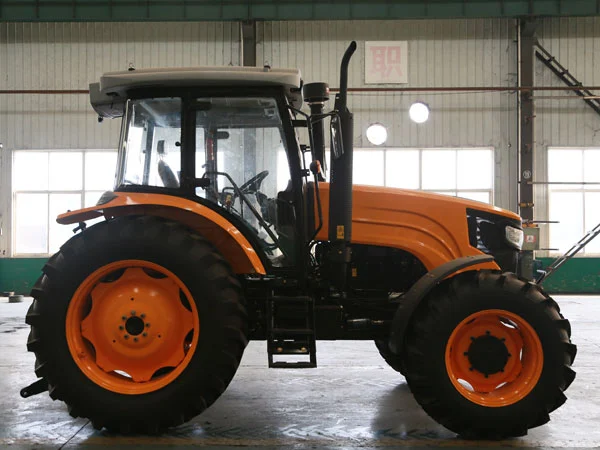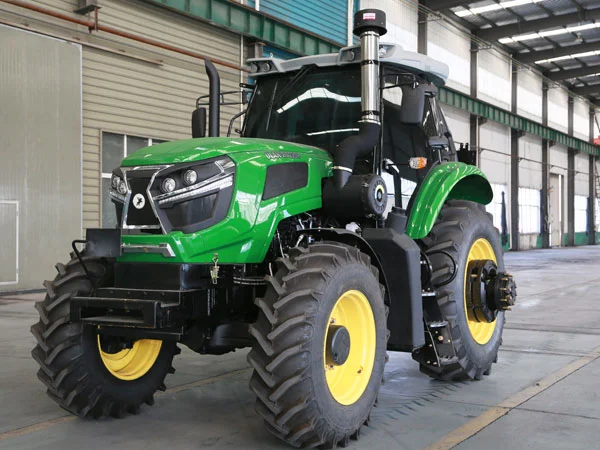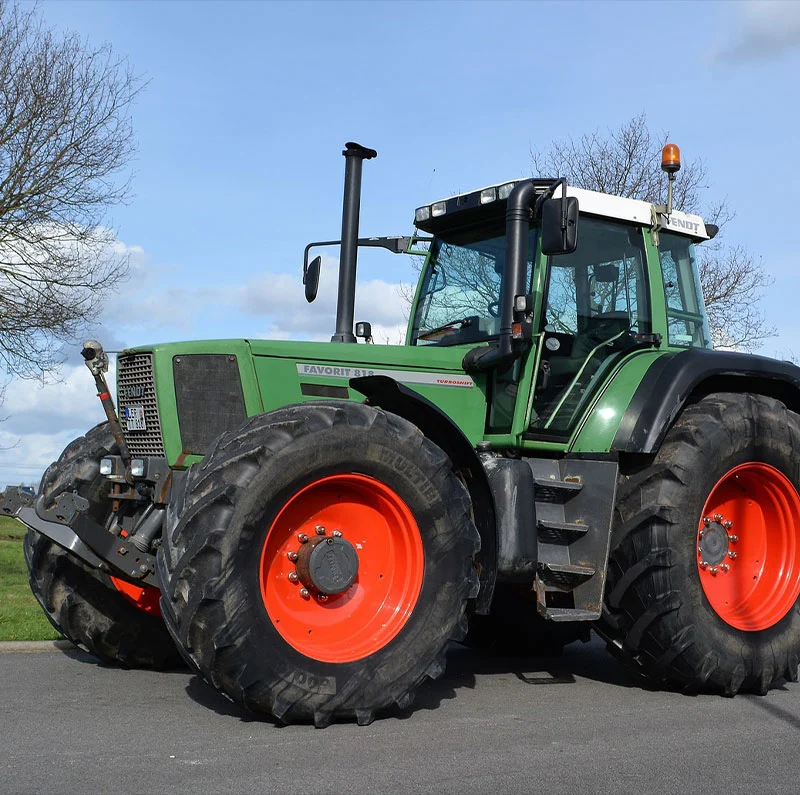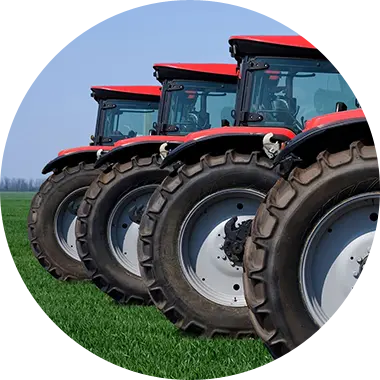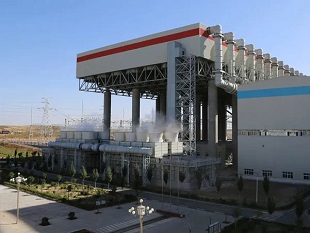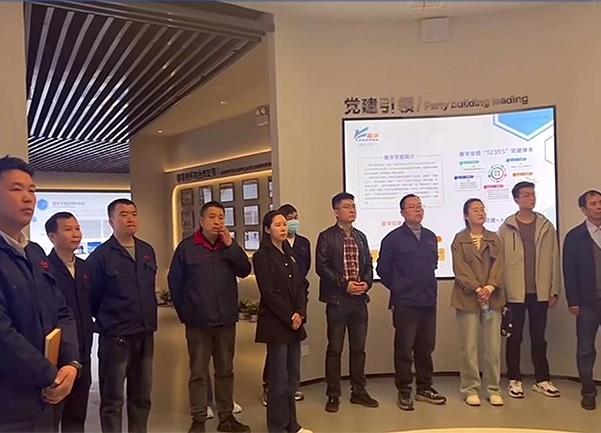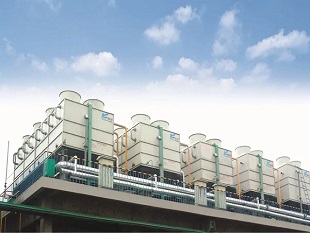Before operating a tractor, make sure to read and understand the operator's manual. It contains information on safe operating procedures, maintenance schedules, and troubleshooting tips.

- Home
- Products
-
Application
ApplicationApplication Fields of New Electronic Materials
- Semiconductor Display and Semiconductor Integrated Circuit
- Solar Photovoltaic, Sapphire, MOCVD Equipment, Medical CT Equipment, High-temperature Heating Furnace and Other Industries
- Molybdenum Material Deep Processing, Steelmaking and Other Industries
- New Energy, Rare Earth Permanent Magnet, Structural Ceramics, NdFeB Vacuum Equipment Industry
- About Us
- Contact Us
- News


